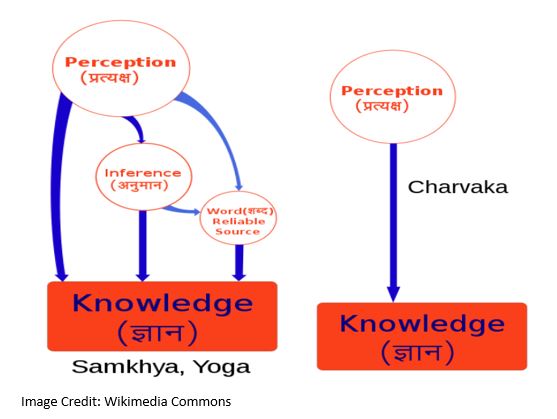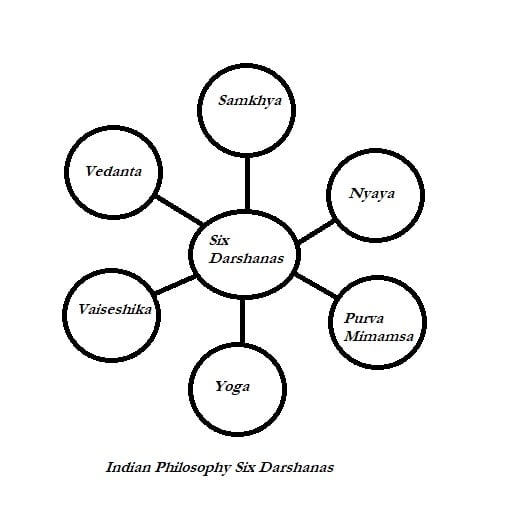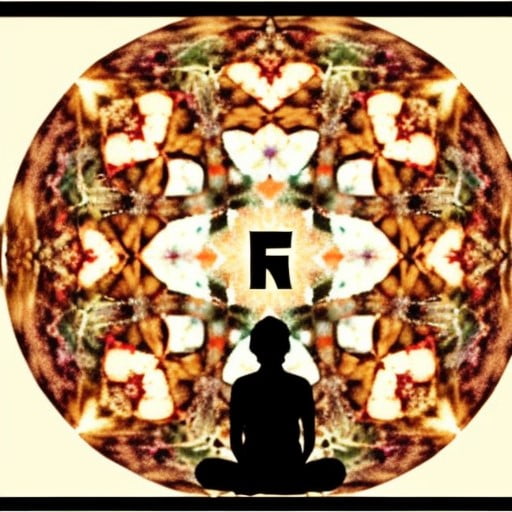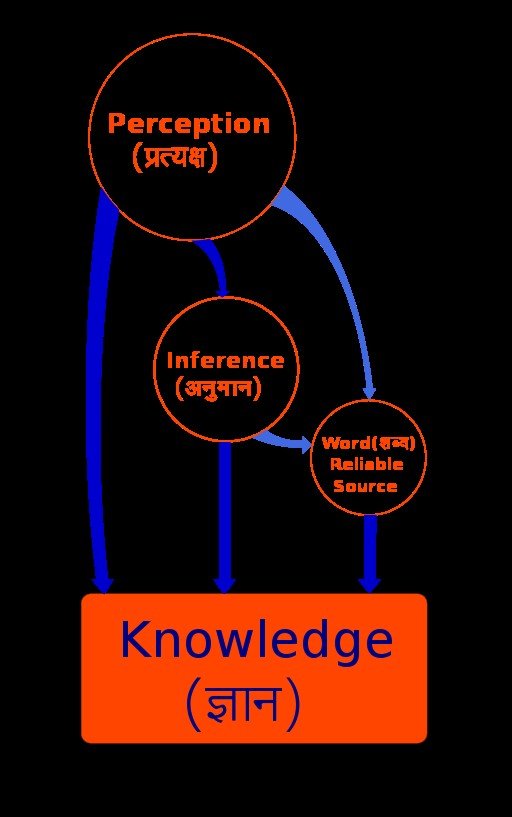Astika vs Nastika: A self help Comparative Study
Who are Astika and Nastika? Indian philosophy is divided into two main schools of thought. One is Astika, which affirms the authority of the Vedas, while the other is Nastika, which does not. The term Astika means “one who believes in the existence of God or gods,” while Nastika means “one who does not believe … Read more



